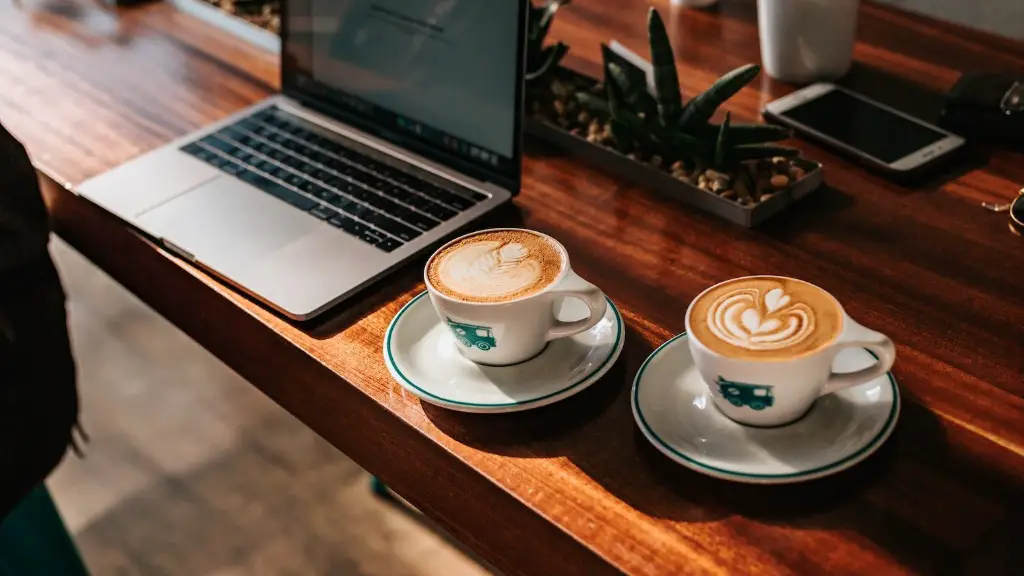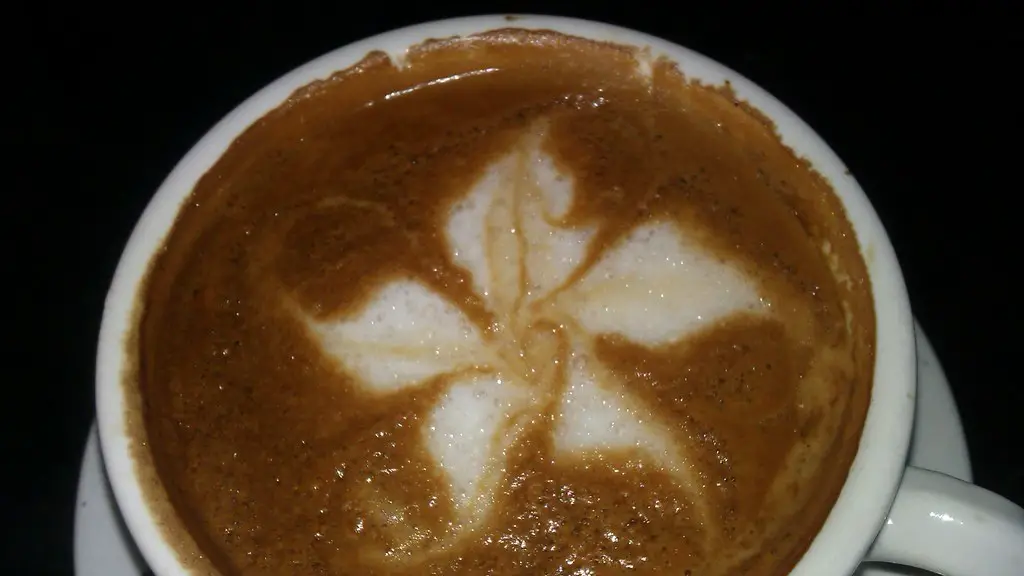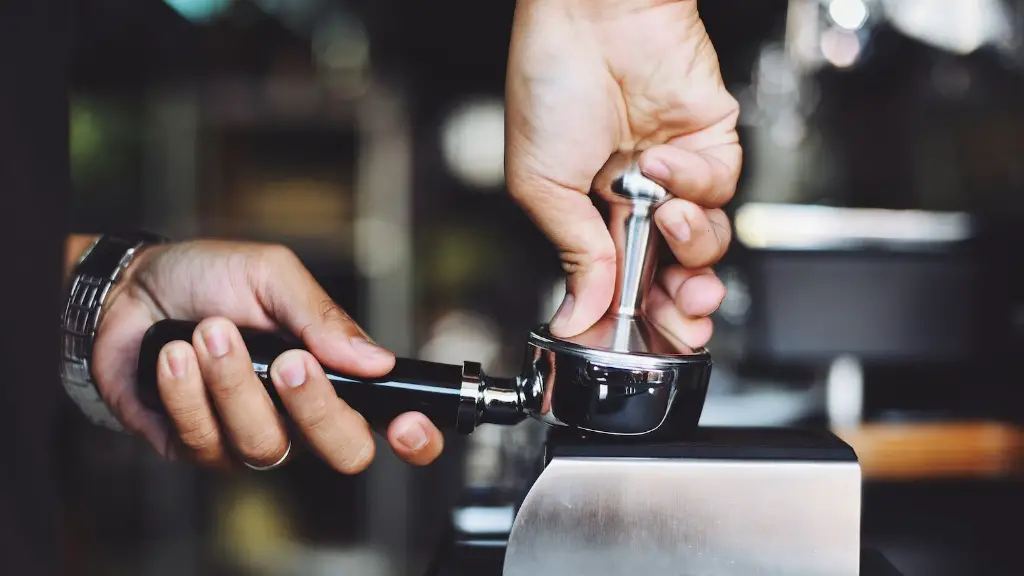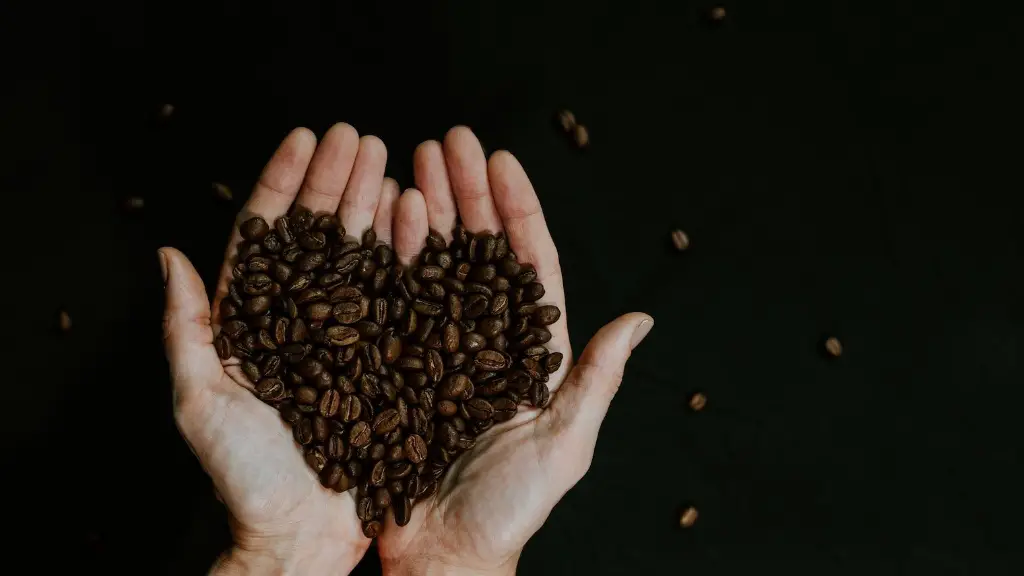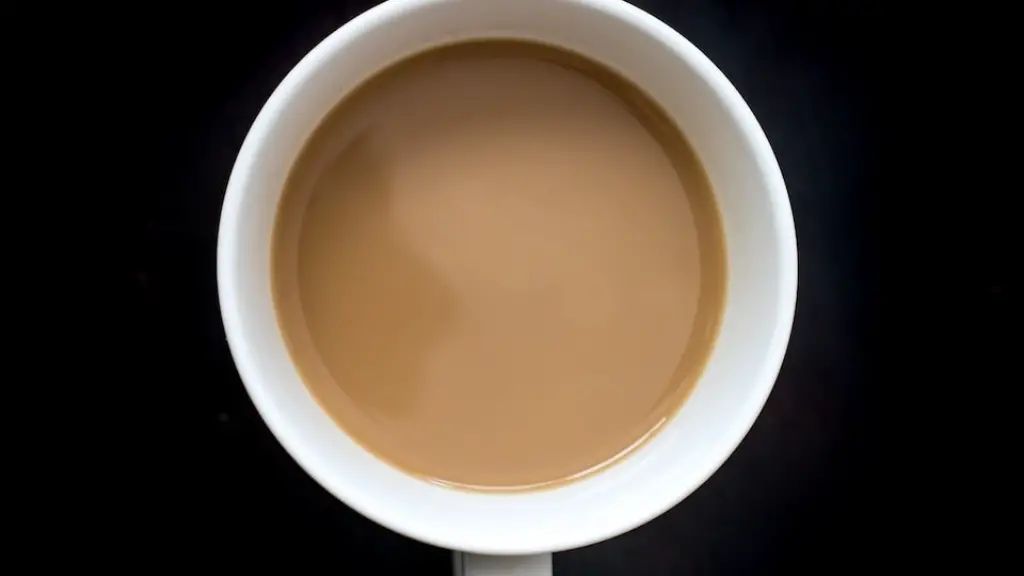Fasting is a popular dietary practice that has been around for centuries. It involves abstaining from food and drinks for a set period of time. One question that often arises is whether it is okay to drink coffee while fasting.
The short answer is yes, you can drink coffee while fasting, but there are a few things to consider before doing so. Coffee can be beneficial in providing energy and mental clarity during a fast, but it also contains caffeine which may interfere with the body’s ability to burn fat.
It is important to understand how different types of coffee affect your body during a fast and to choose one that will not disrupt your body’s natural processes. However, if you are unsure about drinking coffee while fasting, it is best to speak with your healthcare provider.
Impact of Drinking Coffee on Fasting
Fasting is an ancient practice and is still commonly used today to support mental clarity, health, and overall wellbeing. Drinking coffee while fasting can significantly impact the body and the experience of fasting, for better or for worse. Caffeine is a stimulant that can increase alertness and energy levels, which may be beneficial for those seeking to stay focused during a fast. However, it can also interfere with the digestive process and cause dehydration, which can disrupt the effectiveness of the fast. It is important to consider how much caffeine you are consuming while fasting, as well as any potential side effects that may arise from combining fasting with coffee consumption.
The amount of caffeine consumed during a fast should be tailored to individual needs and preferences. For those who are just beginning to fast, it may be wise to limit caffeine consumption to one cup of coffee per day or even less. As the body adapts to fasting, more caffeine may be tolerated depending on personal preference. Those who already have a high tolerance for caffeine may find that they can drink more coffee while fasting without experiencing adverse effects. It is important to take time to experiment with different amounts of caffeine in order to determine what works best for you.
In general, drinking coffee during a fast can have both positive and negative impacts on the experience. The stimulation from caffeine can help some people focus better during a fast but too much can also lead to dehydration or disrupt digestion. It is important to consider your own individual needs when deciding how much coffee you should consume when fasting in order to ensure the best possible outcome from your experience.
Types of Fasts and Caffeine Intake
Fasting is a practice that has been around for centuries, with different types of fasts including water fasting, juice fasting, intermittent fasting, and more. While the effects of each fast vary, the general consensus is that caffeine intake should be limited or avoided altogether. This is because coffee and other caffeinated beverages can increase heart rate and blood pressure and cause dehydration. However, some people find that they can still tolerate a small amount of caffeine while fasting. If you choose to do so, it’s important to monitor your body’s reactions and adjust your intake accordingly.
It’s also important to note that too much caffeine can interfere with the detoxification process that typically occurs during a fast. Ultimately, it’s best to listen to your own body and determine what works best for you. If you are considering adding coffee into your fasting routine, start with a low dose and see how it affects you before increasing your intake.
In general, it is recommended to avoid or limit caffeine while fasting, as it can interfere with the desired effects of the fast. However, some people may be able to tolerate small amounts while still reaping the benefits of their fast. Be sure to monitor your body’s reaction and adjust your intake accordingly.
Can You Drink Coffee During Fasting?
Fasting has become an increasingly popular method for weight loss and health benefits. While fasting, people abstain from all food and drink, including coffee. However, some people wonder if drinking coffee during fasting can break the fast. The answer depends on the type of fasting you are doing and the type of coffee.
Intermittent fasting involves eating normally for a specific period of time, followed by a period of time with no food or drinks except water. This type of fasting does not allow for any beverages other than water, so drinking coffee would break the fast.
In contrast, longer-term fasts such as juice or water fasts allow for certain types of non-caloric beverages such as black coffee or tea. These drinks contain no calories or carbohydrates, so they can be consumed while still maintaining the fast.
It is important to note that adding creamers or sweeteners to your coffee may break the fast because these ingredients contain calories and carbohydrates. If you are doing a longer fast and decide to drink black coffee, it is important to make sure there are no additives in your cup.
Overall, whether drinking coffee during fasting will break your fast depends on the type of fasting you are doing and what type of beverage you are consuming. If you are doing an intermittent fast, it’s best to stick with just water. If you’re doing a longer-term fast that allows for certain beverages without calories or carbohydrates, then drinking black coffee may be allowed as part of your routine.
Can You Drink Coffee While Intermittent Fasting?
Intermittent fasting is a popular diet plan that involves alternating between periods of eating and fasting. Many people choose to drink coffee while intermittent fasting, but it is important to understand the potential effects this may have on your body. Caffeine can help suppress hunger and provide a boost of energy during a fast, but it can also affect blood sugar levels and metabolism. It is important to be mindful of how much caffeine you are consuming and when you are drinking it in order to maximize the benefits of intermittent fasting and minimize any potential drawbacks.
Coffee can help reduce hunger during a fast, providing some relief from the sensation of being overly hungry. However, too much caffeine can cause jitters or increase anxiety levels, so it is important to stick to moderate amounts. Additionally, the acidity in coffee can irritate the stomach if consumed too close to meal times.
Caffeine has also been shown to affect blood sugar levels, so those with diabetes should be especially mindful when consuming coffee during their fasts. Additionally, drinking caffeinated beverages may temporarily speed up your metabolism but it will not provide lasting or sustainable effects on weight loss.
Overall, drinking coffee while intermittent fasting is perfectly safe for most people as long as it is done in moderation. It may help reduce feelings of hunger and provide an energy boost during a fast, but be sure not to overdo it as this could lead to potential side effects.
Effects of Drinking Coffee While Intermittent Fasting
Intermittent fasting, or IF, is a popular approach to weight loss and improved health. It involves alternating periods of fasting and eating. During the fasting period, some people may wonder if they can still drink coffee. The short answer is yes; however, there are some considerations to keep in mind.
Coffee can help reduce hunger while fasting, allowing you to stay in a fasted state for longer. Caffeine can also boost your metabolism, helping you burn more calories throughout the day. However, drinking too much coffee while intermittent fasting could lead to unpleasant side effects like headaches or jitteriness.
When consuming coffee during an IF regimen, opt for organic, unsweetened varieties and avoid adding sugar or creamers that contain calories. Additionally, it is best to limit your intake to one cup per day or less during a fasted state.
Overall, drinking coffee while intermittent fasting can be beneficial and should not interfere with your overall goals. As with any new dietary plan, it is important to consult with a healthcare professional before making any drastic changes to ensure it is right for you.
Can You Drink Coffee During a Longer Fast?
Many people enjoy drinking coffee during their fasts, as it can provide an energy boost and help reduce hunger. However, it is important to remember that coffee does contain some calories and can break the fast if consumed in large quantities. Therefore, it is best to drink only small amounts of coffee when fasting for longer periods of time. Additionally, adding cream or sugar to your coffee can also break the fast, so it’s best to consume black coffee while fasting.
It is important to keep in mind that caffeine can affect different people in different ways. Some may find that consuming caffeine helps them focus and stay alert during their fasts, while others may find that it increases feelings of hunger and cravings. Therefore, it is best to experiment with small amounts of coffee to see how your body responds before including it into your fasting routine.
In general, drinking small amounts of black coffee during a longer fast should be safe as long as you are mindful of how much you are consuming and how your body responds to the caffeine.
To Sum It All Up
Coffee is a great beverage to consume during a fast. It has many health benefits, including helping to reduce hunger and cravings. However, it’s important to be mindful of the amount of caffeine you are consuming and drink in moderation. Some people may also benefit from adding cream or milk to their coffee to help keep them full for longer periods of time. Overall, coffee is an ideal drink for fasting, as long as it is consumed in moderation.
